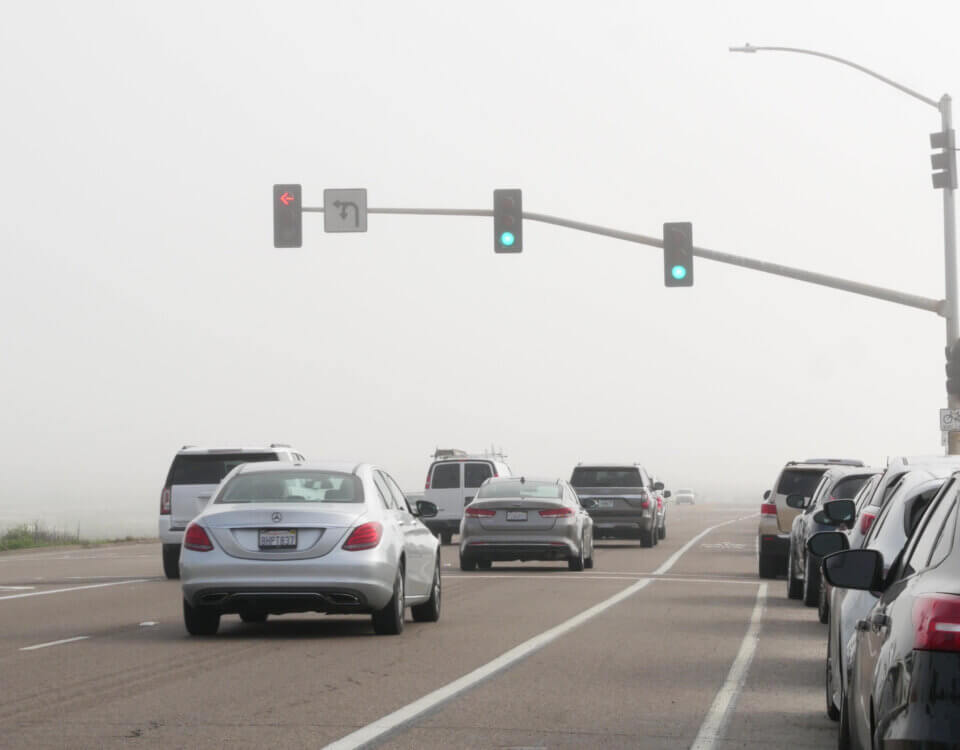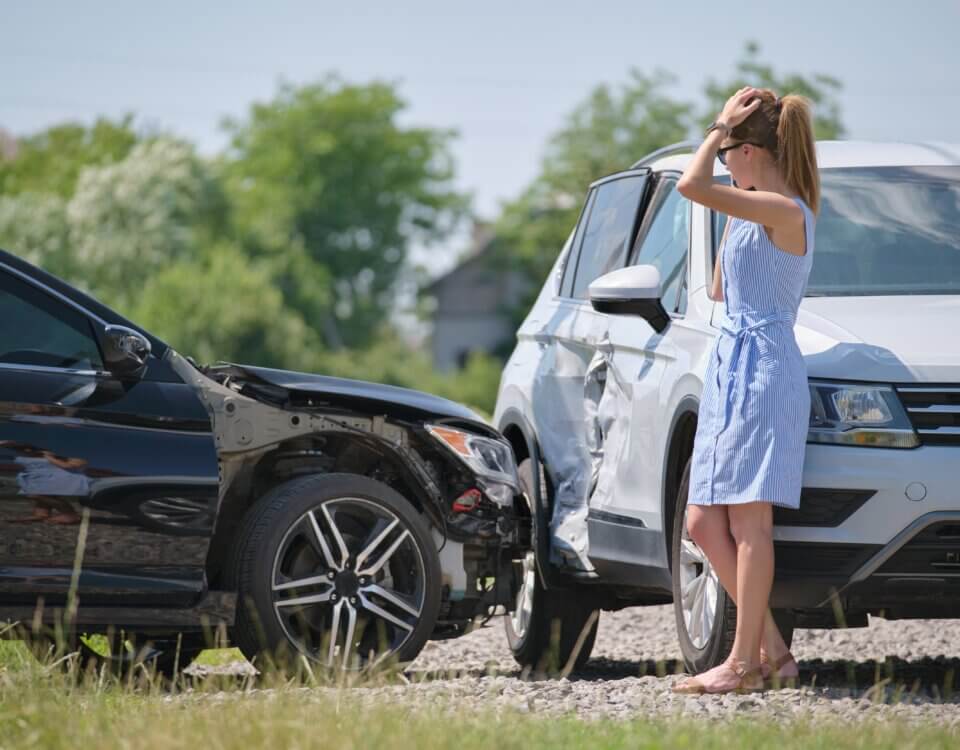After a car accident, you are suddenly dealing with multiple issues at once. The damage to your vehicle is stressful enough, and then the medical bills start stacking up. Understanding the difference between property damage and bodily injury claims is crucial, because each type affects your compensation, your rights, and your legal strategy.
What Is a Bodily Injury Claim?
A bodily injury claim involves any physical harm that a person suffers because of a collision. This includes immediate injuries, long term complications, emotional harm, and the financial losses that come with them.
A bodily injury claim can cover:
- Medical bills
- Physical therapy and rehabilitation
- Prescription medication
- Lost wages
- Loss of future earning ability
- Pain and suffering
- Emotional distress
- Permanent disability
- Scarring or disfigurement
Bodily injury claims often take longer to resolve because medical treatment, recovery time, and long term effects must be fully understood before settlement.
What Is a Property Damage Claim?
A property damage claim deals with anything physical that was damaged in the accident. This includes your vehicle, personal belongings inside it, and any other property that was hit or destroyed.
Property damage claims may include:
- Vehicle repair or replacement
- Damage to personal items such as phones, laptops, or car seats
- Damage to fences, buildings, signs, or other structures
- Rental car reimbursement
- Diminished value if your repaired car is worth less than before
These claims are usually resolved more quickly because they rely on repair estimates, receipts, and objective valuations.
Key Differences Between the Two
Who Is Being Compensated
Bodily injury covers people and their physical and emotional harm. Property damage covers things that were broken, damaged, or lost.
Complexity
Bodily injury claims are more complex because they involve medical evaluations, long term effects, and non economic damages. Property damage is typically more straightforward.
Timeline
Property damage is usually settled faster. Bodily injury claims require time for diagnosis, treatment, recovery, and future projections.
Insurance Limits
Insurance policies contain separate coverage limits for property damage and bodily injury. Bodily injury often has a limit per person and a limit per accident. Property damage usually has a single limit for all damaged property.
Settlement Strategy
Settling the property damage claim has no effect on your injury claim. Settling the bodily injury claim ends your right to seek further compensation for your injuries. This is why injury claims must be approached carefully and never rushed.
Why Understanding the Difference Matters
If you focus only on repairing your car and ignore your injuries, you may end up accepting far less than you are legally entitled to.
If you caused the accident, knowing the difference helps you understand your financial exposure.
If you were injured, understanding these claims helps you avoid mistakes that could cost you thousands of dollars in unpaid damages.
How Hillstone Law Helps Clients With Both Claim Types
Hillstone Law assists clients by:
- Documenting all property damage and repair needs
- Gathering evidence for diminished value and loss of use
- Reviewing all medical records and injury documentation
- Calculating lost wages and long term effects
- Negotiating with insurance companies on both claim types
- Protecting clients from accepting lowball settlements
- Coordinating both claims to maximize total compensation
Our team understands how insurance companies try to minimize payouts, and we fight to ensure every category of damage is recognized and fully compensated.
Final Takeaway
Property damage and bodily injury claims may come from the same crash, but they operate very differently. One involves your car. The other involves your health and your future.
To protect yourself and get the full compensation you deserve, it’s important to know the difference and to have the right team supporting you. Hillstone Law is ready to guide you through both claims and secure the strongest possible outcome.
Note: These blog posts are created solely for the use of Hillstone Law. The information is gathered from internet research, publicly available sources, and artificial intelligence (AI) tools such as ChatGPT. While we aim to share helpful and educational content, Hillstone Law does not independently verify every detail. Some information may be incomplete, outdated, or subject to change without notice. If you believe any part of a post is inaccurate, misleading, or infringes upon copyright, please contact Hillstone Law immediately so we can review it and take appropriate action, including correction or removal.
Disclaimer: The material provided in these blogs is for general informational purposes only and should not be considered legal advice. Reading these posts does not create, and is not intended to create, an attorney-client relationship with Hillstone Law. Our intent is to share knowledge, raise awareness, and provide helpful resources to the public; however, Hillstone Law makes no warranties or guarantees about the accuracy, completeness, or reliability of the information provided, and expressly disclaims liability for any actions taken in reliance on it. The photos used in these posts are for illustrative purposes only and do not depict actual clients, individuals, or incidents unless expressly stated. If you or a loved one has been injured in an accident, please contact Hillstone Law at (855) 691-1691. Our attorneys are available to answer your legal questions and help you understand your rights.








